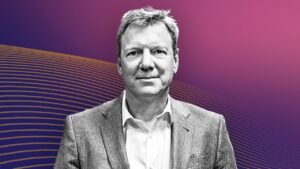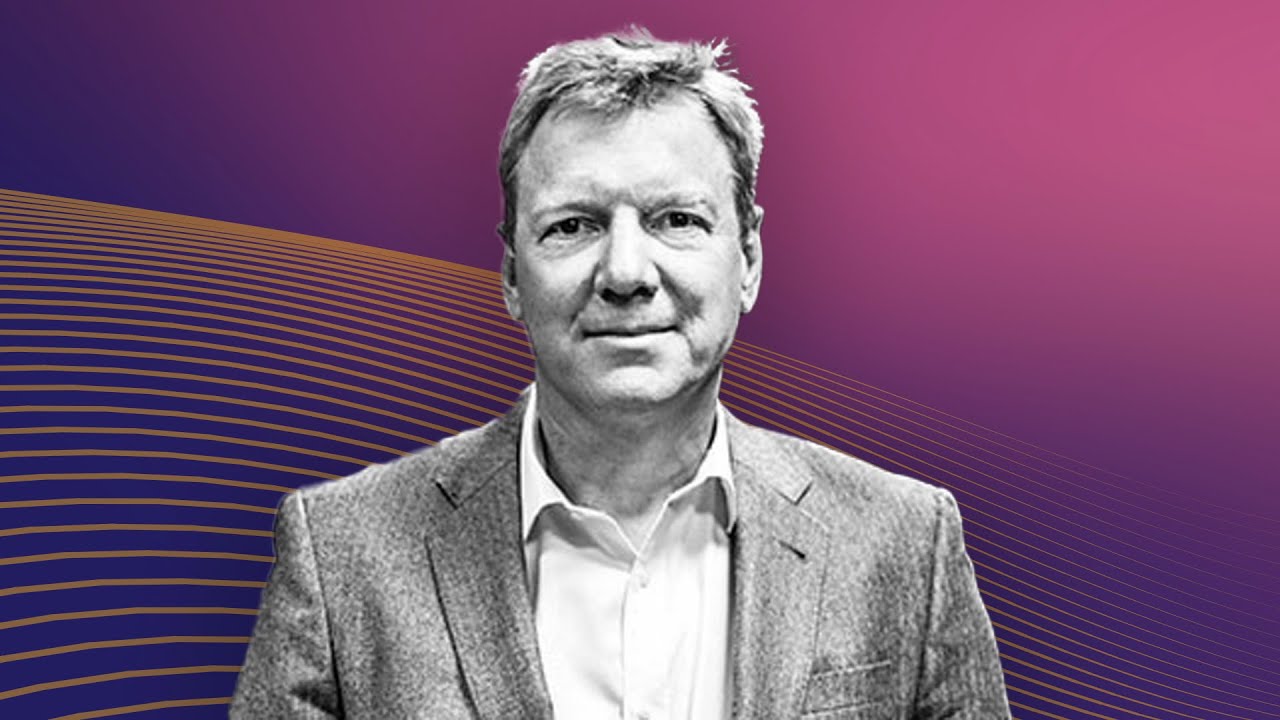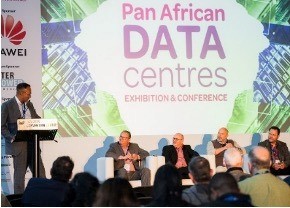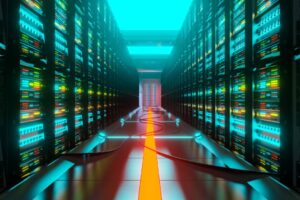Teraco, Africa’s largest interconnection hub and vendor-neutral data center provider has announced its commitment to sustainability and innovation in the African data center market. The company made this announcement in its Data Center Drivers of Growth and Trends forecast for 2024.
Teraco aims to power its facilities with 50% renewable energy by 2027 and 100% by 2035. Already, the company has maximized rooftop solar coverage, with about 80,000 MWh in energy savings, and mitigated over 8,500 tonnes of CO2 by the end of 2023. They raised a R1.5 billion green loan for utility-scale solar programs and signed a development agreement for its 200MW solar power generation.
To minimise its electricity consumption and improve energy efficiency, Teraco is exploring liquid cooling technologies, which consumes significantly less power than air cooling. Thanks to new hardware for artificial intelligence, public pressure to minimise water cooling and Microsoft initiatives on immersion cooling, liquid cooling is gaining more converts and may become mainstream, especially for edge computing solutions with sustainability in mind.
The company also signed a development agreement with renewable energy developer, JUWI to develop and build two 100 MW
To address the increased demand for enterprise colocation, Teraco offers colocation services with various benefits including Improved connectivity and network performance, direct connections to clouds and business partners, carrier neutrality and flexibility, and enhanced security and compliance
Teraco is also optimistic about blockchain technology, due to its practical applications in non-fungible tokens (NFTs) and decentralized finance (DeFi) platforms and its attractiveness in sectors like finance, where transaction efficiency is paramount. Blockchain’s decentralized nature mitigates the risk of data outages from natural disasters, leveraging redundancy already present in data centers and cloud infrastructure.

However, the adoption of blockchain comes with its own set of challenges, including the need for reliable power sources, high-performance equipment, and efficient cooling systems to handle the demands of processing data blocks. Despite these hurdles, Teraco believes blockchain data storage offers enhanced security, reliability, redundancy, and transparency, driven by its distributed architecture. As industries continue to explore blockchain’s potential, addressing these infrastructure requirements will be crucial to realizing its full benefits and unlocking new opportunities for innovation and growth.





